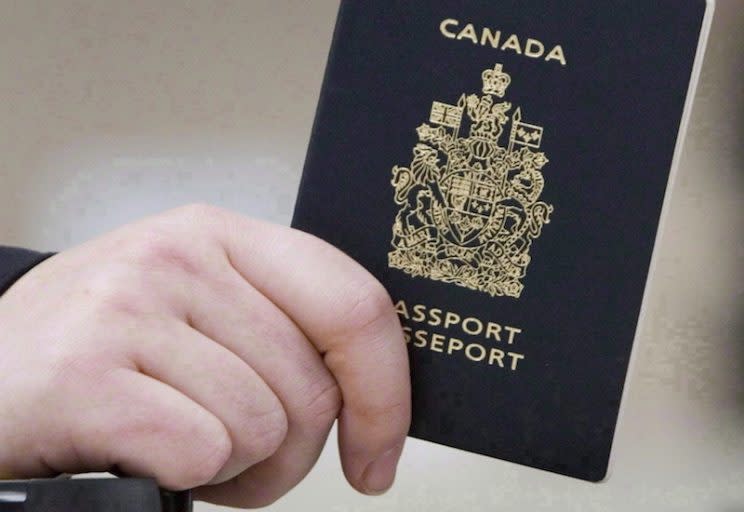Avoid travel disasters with these simple passport tips

A holiday-bound Montreal family learned the hard way that parents aren’t supposed to sign their children’s passport.
Muriel Frenois and Gilbert Delambre were stopped by Air Canada employees recently while travelling to Cuba with their two young sons. They were told by officials that the children’s passports weren’t valid since the parents had signed them. The couple says they were unaware of the rules surrounding children’s passports, particularly since the family had flown to Cuba without problems nine months earlier.
According to the Canadian government website, parents or legal guardians must never sign a child’s passport or other travel document. If a parent or guardian signs a child’s travel document, it will make it invalid. A signature isn’t required for children under 16, but if the child does sign his or her own passport, it won’t make the document invalid.
Frenois and Delambre ended up applying for two emergency passports for their sons, which cost $500.
“I don’t understand how such a little mistake can lead to such serious consequences,” Frenois told CTV Montreal. “I know all about government forms. I adopted two children. So immigration stuff has no secrets for me.”
Toronto-based immigration lawyer Guidy Mamann spoke to Yahoo Canada News about other avoidable passport flubs. He shared some tips and suggestions for how best to take care of your passport to ensure you are able to travel without issues.
The first tip is not to lend your passport to others. While it seems like common sense to keep your passport to yourself, not everyone understands it’s not a transferable document.
Mamann says it’s a surprisingly common problem that people lend their passports to their friends or family members. Sometimes they’ll even be stopped while travelling after they’ve had their passport returned.
“When they go to use their passport later on, they find out they’re in all kinds of trouble,” the lawyer explains. “That’s a definite no-no.”
A passport is actually government property, which is technically “on loan” to those who apply for and receive one. If you’re caught lending it to someone else, officials can surrender it and you might not be able to travel abroad.
Several of Mamann’s clients have been denied entry into countries as a result of a water-damaged passport. He warns that mild damage can make the official document invalid. Even if the pages are legible, the document can be refused if the passport is wrinkly.
“You can’t travel on a passport that’s been defaced or altered,” he says. “(Water damage) would be an extreme interpretation of what that means.”
In one rare instance, another well-travelled client was refused entry into a country because there wasn’t a blank page in his passport.
“They were told they were required an entire page for the entry stamp,” Mamann says. “I didn’t understand that since you can obviously put more than one stamp on a page.”
It should also be noted that in many countries, such as Jamaica, Taiwan and Mexico, the government has the right to refuse entry to tourists whose passports are set to expire within six months. The best way to avoid this problem is to renew your passport before the six-month expiry mark. So if your passport is set to expire in December 2017, be sure to renew it by June 2017.
Keep in mind that due to lengthy processing times, it can take weeks to months to receive your passport.
It’s also best to check the Canadian government’s travel advisory website before a trip aboard to stay on top of any potential warnings or issues that may be on the horizon.


